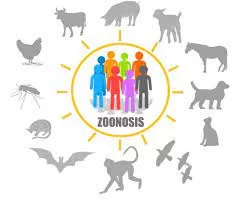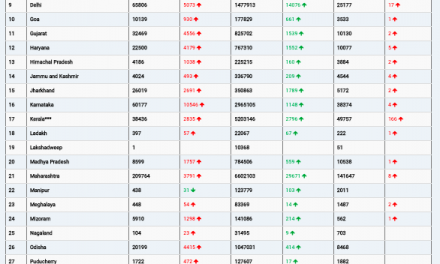March 10, 2024 – As the world grapples with the aftermath of the Covid-19 pandemic, which has infected over half a billion people and claimed millions of lives, global attention has turned to the complex relationship between international wildlife trade and zoonotic diseases. Recognizing the urgent need for action, the Convention on International Trade in Endangered Species of Wild Fauna and Flora (CITES) has forged a landmark partnership with the World Organisation for Animal Health (WOAH) to mitigate the risks associated with zoonotic disease emergence.
The Memorandum of Understanding (MoU), signed by the executive heads of WOAH and the CITES Secretariats on March 1, underscores a shared commitment to promoting the safe, traceable, and legal international trade in wild species of animals while identifying and addressing zoonotic disease risks.
In a joint effort to operationalize the MoU, the two organizations will focus on wildlife health and trade, training, capacity-building, networking, coordination, and communication. These efforts align with the objectives of the Kunming-Montreal Global Biodiversity Framework, particularly Target 5, which emphasizes sustainable, safe, and legal wildlife use.
CITES Secretary-General Ivonne Higuero hailed the partnership as a significant step towards reducing the risk of future zoonotic disease emergence associated with international wildlife trade. She emphasized the importance of complementary mandates and common goals in guiding the collaboration between CITES and WOAH.
Monique Eloit, Director General of WOAH, echoed Higuero’s sentiments, highlighting the partnership’s role in promoting the implementation of the One Health approach, which fosters collaboration across sectors and disciplines. Eloit underscored the importance of facilitating the timely transport and sharing of wildlife diagnostic samples to protect endangered species and prevent zoonotic disease spillover events.
The collaboration between CITES and WOAH reflects a global commitment to safeguarding both public health and biodiversity. By leveraging their respective expertise and resources, the two organizations aim to navigate emerging challenges and champion biodiversity conservation in the face of evolving threats.
As the world continues to grapple with the consequences of the Covid-19 pandemic, initiatives like the partnership between CITES and WOAH offer hope for a more resilient and sustainable future, where the risks of future pandemics are minimized through proactive collaboration and concerted action.











